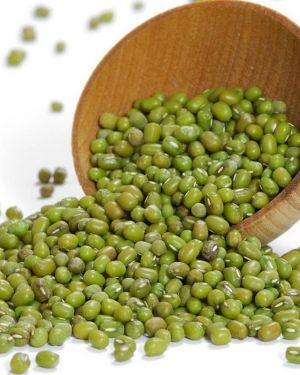The Versatility of Expanded Clay in Agriculture
Expanded clay, also known as lightweight expanded clay aggregate (LECA), offers numerous benefits for agricultural applications. Expanded clay provides excellent aeration and drainage properties, promoting healthy root growth and preventing waterlogging in soil. Its lightweight nature makes it easy to handle and transport, reducing labor costs and logistical challenges for farmers. Expanded clay is inert and pH-neutral, making it suitable for a wide range of crops without altering soil chemistry. In hydroponic systems, expanded clay serves as a versatile growing medium, providing support for plant roots and facilitating nutrient absorption.
Enhanced Soil Structure and Aeration
When incorporated into the soil, expanded clay particles create air pockets, improving soil structure and enhancing aeration for plant roots. The porous structure of expanded clay promotes moisture retention in soil, ensuring adequate hydration for plants during dry periods. By preventing soil compaction, expanded clay allows for better water infiltration and root penetration, supporting overall plant health and productivity. Expanded clay is resistant to decomposition and degradation, providing long-lasting benefits for agricultural soil improvement and crop production. In addition to its use in traditional agriculture, expanded clay is widely utilized in green roof systems to support plant growth in urban environments.
Nutrient Retention and Release
Expanded clay can absorb and retain nutrients, gradually releasing them to plants as needed for optimal growth. This nutrient retention capacity reduces the risk of nutrient leaching, ensuring efficient use of fertilizers and minimizing environmental impact. By promoting nutrient availability in soil, expanded clay supports healthy plant development and enhances crop yield and quality. In organic farming systems, expanded clay can be used as a natural amendment to improve soil fertility and enhance nutrient cycling. The use of expanded clay in agriculture aligns with sustainable farming practices, contributing to soil health, resource efficiency, and environmental stewardship.










Reviews
There are no reviews yet.